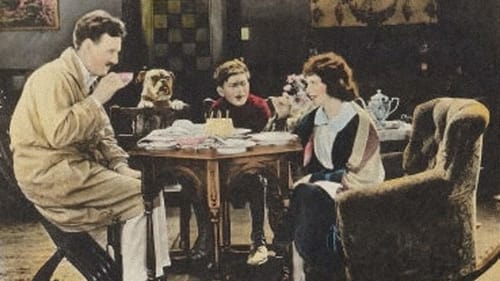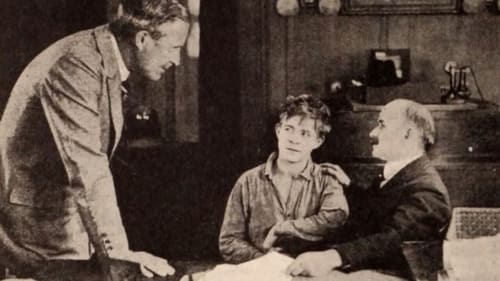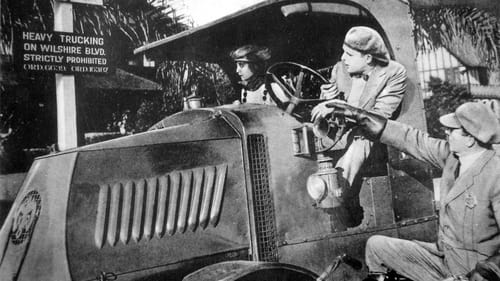
Jerry Dunn Jr
After the death of her benefactress, Mrs. Beresford, Alice Lambert is evicted by Ruth, Mrs. Beresford's jealous niece; and in despair Alice seeks employment as a model. Her refusal to accept the attentions of Monsieur Armand ends in her dismissal

Mike
After directing him as the title character in Huckleberry Finn, William Desmond Taylor again used boy actor Lewis Sargent in this picture. His character, known merely as "the boy," has been raised in an orphanage where he has caused as much trouble as possible. He finally can't stand living there anymore and runs away. On the streets he finds a friend in Mike (Ernest Butterworth), a newsboy. Mike teaches him how to survive but inevitably the boy gets hauled into court. However, the judge sees potential in him and hands him over to be adopted by a young politician. The judge, incidentally, is played by Judge Ben Lindsey, who was famous in his day for his efforts to give delinquent boys a decent chance in life.

Office Boy
Truckdriver Dusty Rhoades leads a team of truckers over dangerous roads to deliver emergency supplies before a crucial dam breaks.

The Kid
William Grogan, lives in New York City and meets the outside world only through the little basement window of his plumbing shop. One day he sees and falls in love with a pretty pair of feet, belonging to Ruth Warren, a schoolteacher who is lusted after by Norton Colburton, a dissolute playboy. Ruth is about to marry Colburton, but at the last minute runs away and decides to take a Cook's tour. On the boat, she meets Grogan, who has inherited a fortune, and recognizing the feet, he falls in love with their owner.

White Boy
A number of boys are enjoying themselves at the old swimming hole in the bend of the creek, disporting themselves on the bank and in the water minus bathing suits: clad only in nature's garb. Tad and Mark, two urchins, are not members of the swimming hole gang.

The White Boy
Thomas Bellamy, a small black boy, is denied membership in the P. D. Q. Club, a secret organization composed of white boys, because of his color, but this does not dampen his ardor.

White Boy
This WWI home-front comedy is the earliest surviving film of King Vidor, who would later go on to make such classics as The Big Parade and The Crowd. A two-reeler, it's a propaganda comedy involving a little boy who can't wait to go fight against the Kaiser, and who sets an unrelentingly patriotic (and militaristic) example for his draft-age, feminized brother and peace-lovin' mother.






